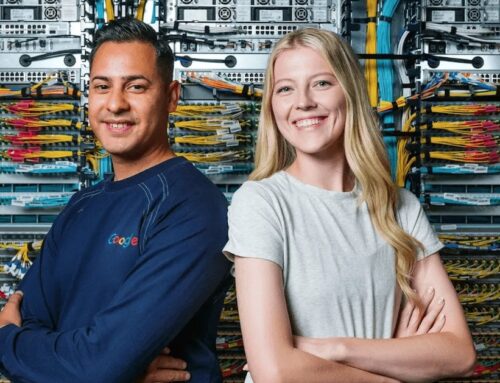DeepSeek gets Silicon Valley talking
January 26, 2025
Since Chinese AI company DeepSeek released an open version of its reasoning model R1 at the beginning of this week, many in the tech industry have been making grand pronouncements about what the company achieved, and what it means for the state of AI.
Venture capitalist Marc Andreessen, for example, posted that DeepSeek is “one of the most amazing and impressive breakthroughs I’ve ever seen.”
R1 seemingly matches or beats OpenAI’s o1 model on certain AI benchmarks. And the company claims one of its models only cost $5.6 million to train, compared to the hundreds of millions of dollars that leading American companies pay to train theirs.
It also seems to have achieved that in the face of U.S. sanctions that prohibit the sale of advanced chips to Chinese companies. The MIT Technology Review writes that the company’s success illustrates how sanctions are “driving startups like DeepSeek to innovate in ways that prioritize efficiency, resource-pooling, and collaboration.” (On the other hand, the Wall Street Journal reports that DeepSeek’s Liang Wenfeng recently told China’s premier that American export restrictions still pose a bottleneck.)
Curai CEO Neal Khosla offered a simpler explanation, claiming that the company is a “ccp state psyop” that’s “faking the cost was low to justify setting price low and hoping everyone switches to it [to] damage AI competitiveness in the us.” (A Community Note has been attached to his post pointing out that Khosla offers no evidence for this, and that his father Vinod is an OpenAI investor.)
Meanwhile, journalist Holger Zschaepitz suggested DeepSeek “could represent the biggest threat to US equity markets” — if a Chinese company can build a cutting-edge model at low cost, without access to advanced chips, it would call into question “the utility of the hundreds of billions worth of capex being poured into this industry.”
In response, Y Combinator CEO Garry Tan argued DeepSeek’s success would actually be good for its American competitors. “If training models get cheaper faster and easier,” he wrote on X, “the demand for inference (actual real world use of AI) will grow and accelerate even faster, which assures the supply of compute will be used.”
And Meta’s Chief AI Scientist Yann LeCun argued against looking at DeepSeek’s announcement through the lens of China versus the United States. Instead, he suggested the real lesson is that “open source models are surpassing proprietary ones.”
“DeepSeek has profited from open research and open source (e.g. PyTorch and Llama from Meta),” LeCun wrote on LinkedIn this week. “They came up with new ideas and built them on top of other people’s work. Because their work is published and open source, everyone can profit from it.”
All of the debate seems to be driving consumers to try the product. As of Sunday afternoon, DeepSeek’s AI assistant is the top free app in the Apple App Store, just ahead of ChatGPT.
Search
RECENT PRESS RELEASES
Related Post




